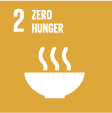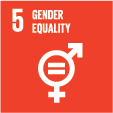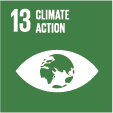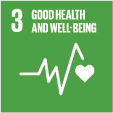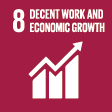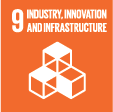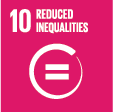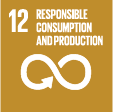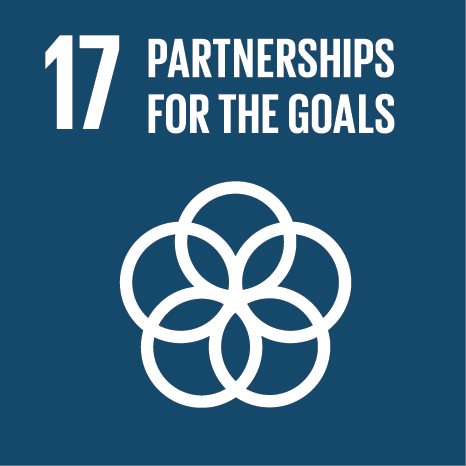OUR IMPACTFUL PROJECTS TO IMPROVE NUTRITION
Niger
Sustaining bio-fortified and climate-resilient agriculture to serve women in remote areas
WHY NIGER?
- 1 in 2 children under the age of five suffer from chronic malnutrition
- 90% do not eat a diet that is sufficiently diverse to meet minimum nutrient needs
- 43% of child deaths in Niger are linked to malnutrition, and the unprecedented impacts of COVID-19 will place even more children at risk as parents have less money to afford nutritious foods
Project Partners
GOAL Global : Project lead
Reaching the Last Mile : Financial Partner

SDGs supported by the project

Learn more about the project
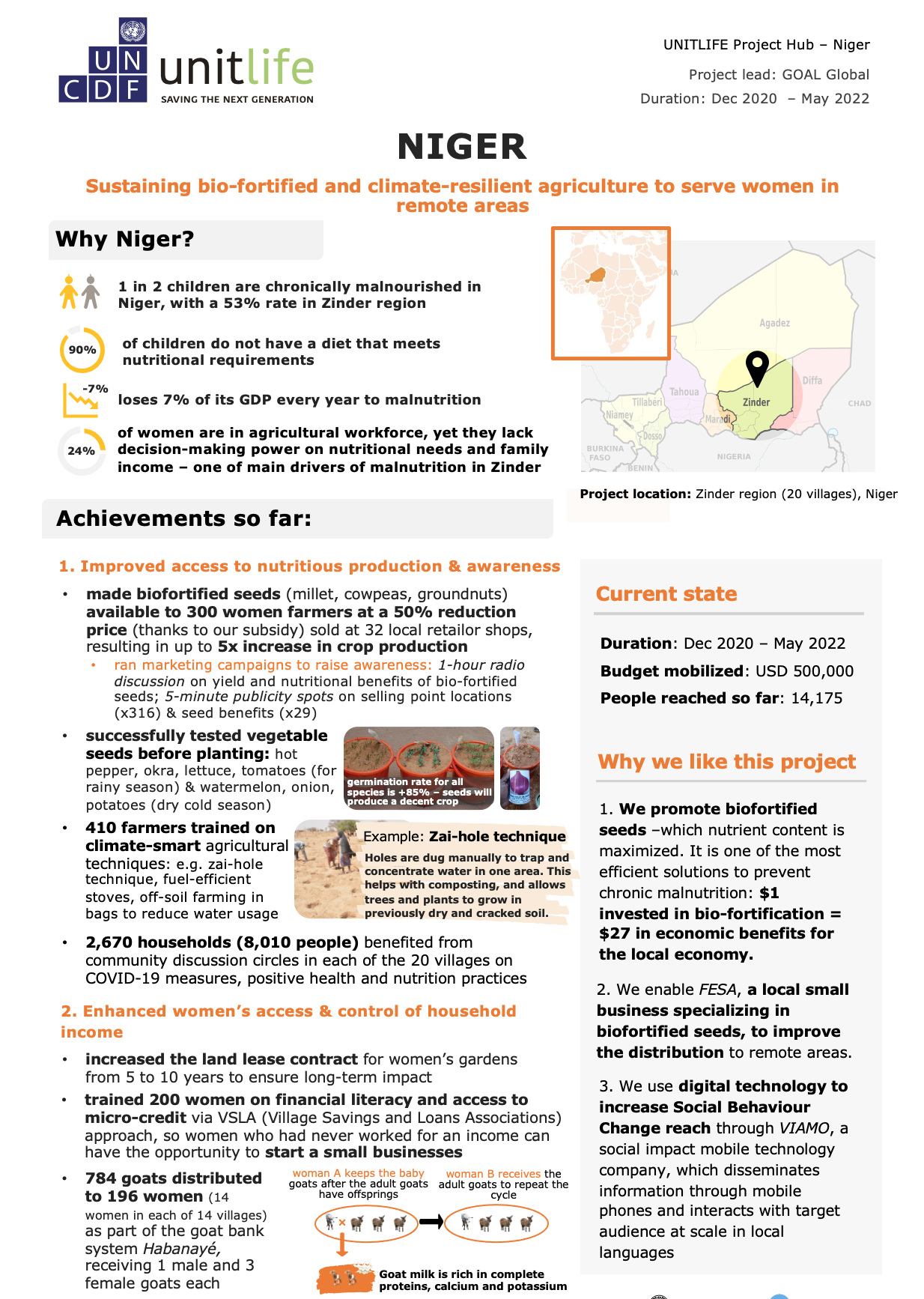
HOW WE DO IT
With women at the center of the approach, the project supports local businesses to provide small-holder women farmers with access to biofortified seeds.
The project will reach 18,656 people directly and 264,706 people indirectly, including 144,515 women and girls.
IT MAY SEEM COMPLICATED, BUT THE CONCEPT IS SIMPLE:
Biofortified seeds are more nutrient-dense than regular ones. Essential micronutrients, such as zinc and iron, are bred into biofortified seeds and produce iron-biofortified or zinc-biofortified beans, vegetables and other crops. Zinc and iron are key elements for proper cognitive development, physical growth and a strong immune system.
LOCAL & INNOVATIVE SOLUTIONS
Empowering women to sustainably improve nutrition shouldn't end when a UNITLIFE project is completed. Therefore, we are partnering with local businesses so they can continuously deliver nutritious solutions to those in need.
PROJECT PROGRESS
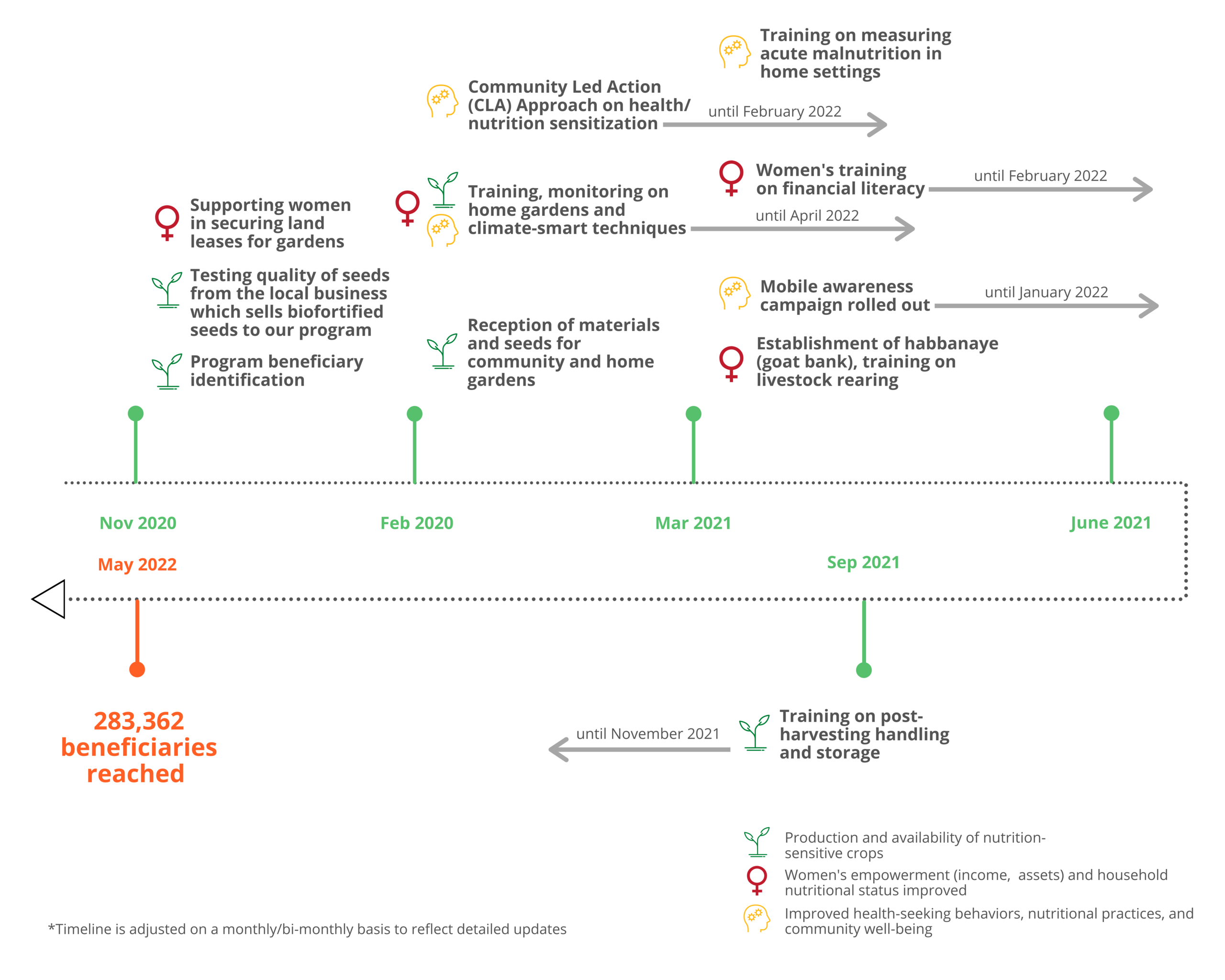
Where is our project?
Niger, Zinder region (20 villages)
Project gallery
“This project will reach thousands of people with grains and vegetables that are biofortified, a cost-effective method to provide last mile farmers with essential nutrients missing from their diets without changing their eating habits. Women will be at the center of the action, as they are the ones growing food, cooking the meals, and feeding their families and communities.”
Assia Sidibe, Programme Manager of UNITLIFE
GET INVOLVED
BECOME A PARTNER OF UNITLIFE TO INVEST IN A BRIGHTER FUTURE OF THE NEXT GENERATION
Partner: GOAL Global
Africa


